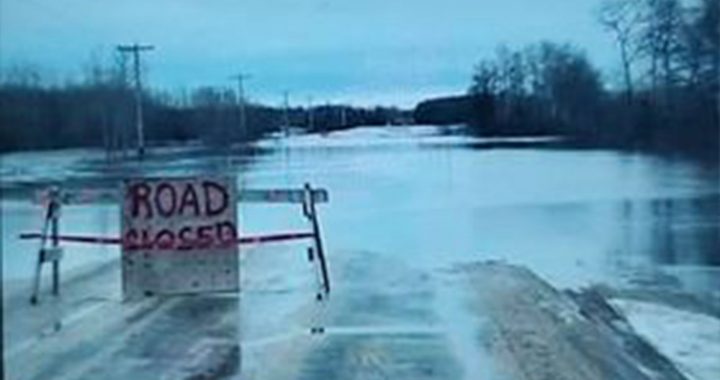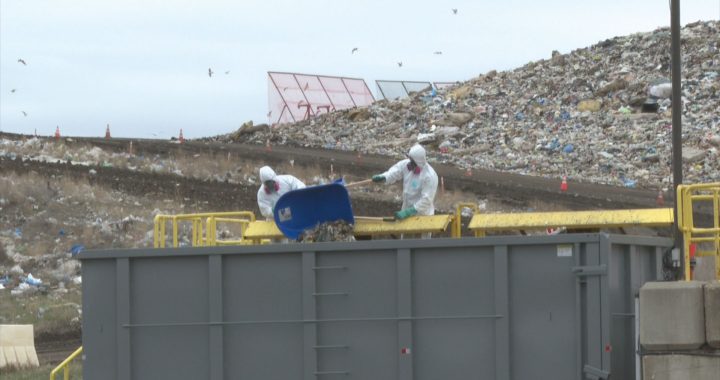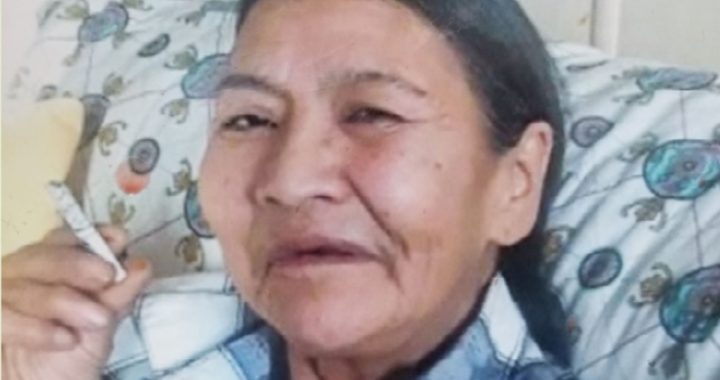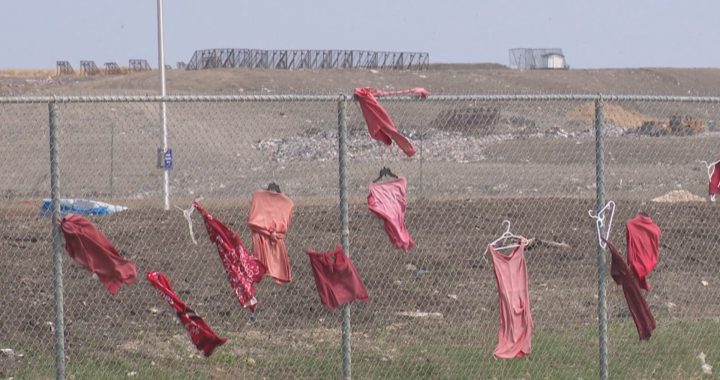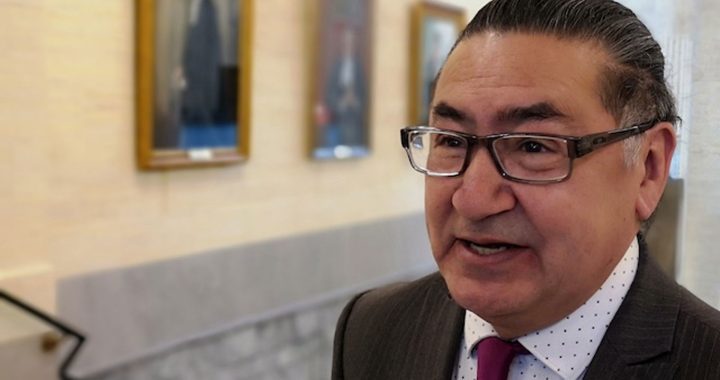Nearly 50 people gathered at the University of Winnipeg for a discussion on the perspective of Indigenization on the campus.
The event was put on by the university’s student association.
“I think that often we’re excluded from main discussions and I think we’re excluded from the discussions of Indigenization itself,” says Morgan Brightnose who helped organize the event.
“I think it’s important the student union provides a platform to centre our voice.”
Brightnose is the president of the student’s association.
He says Indigenization is the process of influencing the way other people view Indigenous culture.
He says he thought this event would be a good opportunity for non-Indigenous students listen and learn about the Indigenous perspectives on the issue.
In 2016, University of Winnipeg introduced a mandatory Indigenous course requirement for enrolled undergraduates.
Cameron Adams is a student on campus who’s working towards obtaining his Bachelor of Arts in Indigenous Studies.
He says this requirement is a move forward.
“This can bring accountability, as well as educate people, so we don’t have people in 10 years saying, ‘What’s residential schools? What was the sixties scoop?’ We actually have that knowledge because with knowledge comes accountability and action,” he says.
Lorena Fontaine is the Indigenous academic lead in the Office of Indigenous Affairs at the university.
She says she remembers when she first started teaching at University of Winnipeg 10 years ago.
“There may have been a few Indigenous students in my class and now, the classes that I do teach are full of Indigenous students,” she says.
Fontaine says she’s happy with how the beginning stages of indigenization are working out on campus, but there’s still a lot more opportunity for change, “I think that the most important thing for indigenization is to look at the students needs.”




